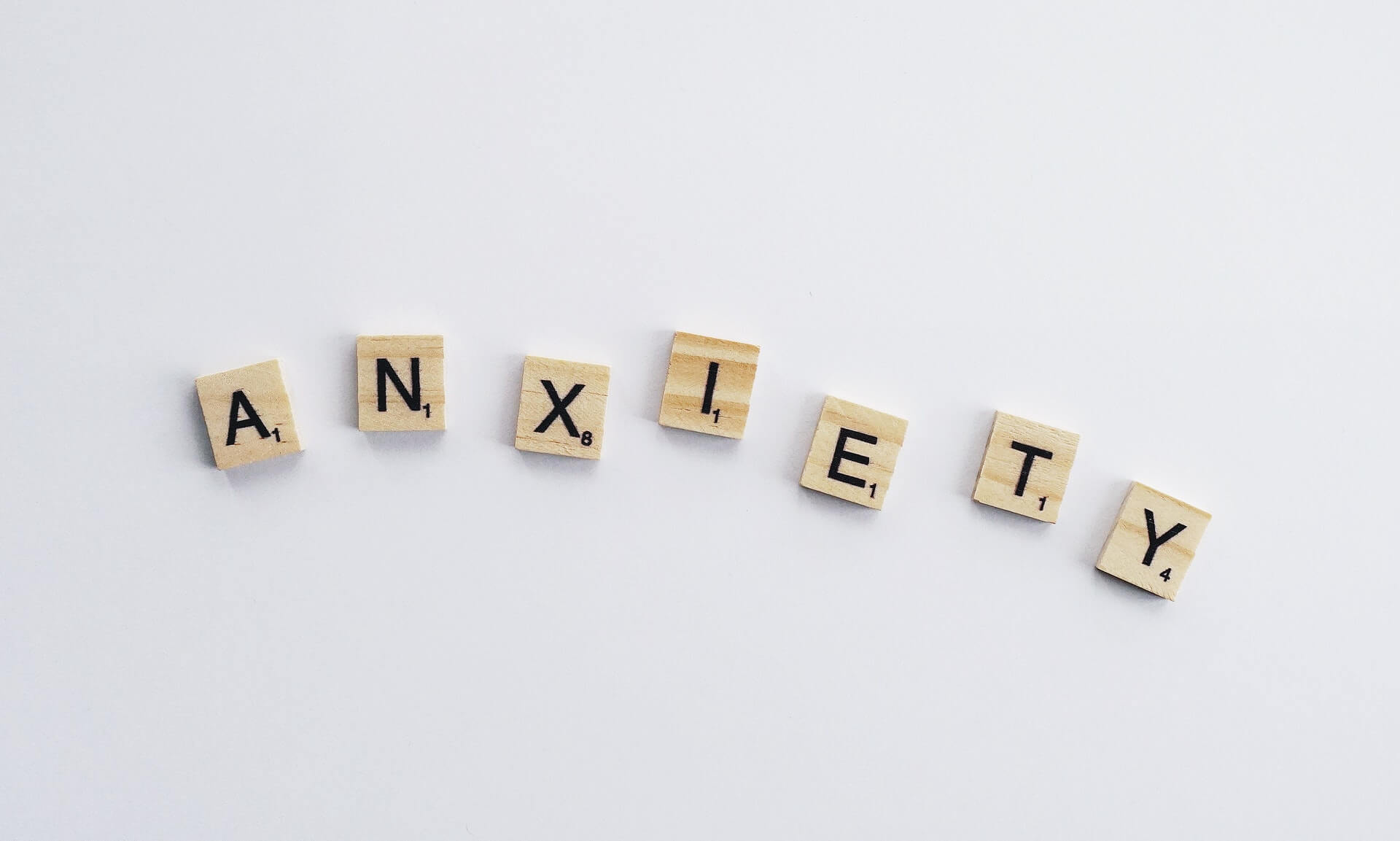
World Maternal Mental Health Day: Perinatal Mental Health Issues Affects the Family
World Maternal Mental Health Day is observed on May 6. World Maternal Mental Health Day raises awareness of maternal mental health issues so that more families will get the much needed help they require. Worldwide, maternal depression is the most common serious health complication of maternity. Worldwide about 10% of pregnant women and 13% of women who have just given birth experience a mental disorder, primarily depression. In many countries, as many as 1 in 5 new mothers experiences some type of perinatal mood and anxiety disorder (PMADs). These illnesses frequently go unnoticed and untreated, often with tragic and long-term consequences to both mother and child.
Almost everywhere in the world, mental illnesses are taboo. Affected people are said to be victims of witchcraft or possessed by evil spirits. Sometimes, society blames the patients themselves for their condition. Certain mental disorders are accompanied by peculiar or aggressive behavior.
In severe cases mothers’ suffering might be so severe that they may even commit suicide. In addition, the affected mothers cannot function properly. As a result, the children’s growth and development may be negatively affected as well. Maternal mental disorders are treatable. Effective interventions can be delivered even by well-trained non-specialist health providers.
After the birth, the mother with depression suffers a lot and may fail to adequately eat, bathe or care for herself in other ways. This may increase the risks of ill health. The risk of suicide is also a consideration, and in psychotic illnesses, the risk of infanticide, though rare, must be taken into consideration. Very young infants can be affected by and are highly sensitive to the environment and the quality of care, and are likely to be affected by mothers with mental disorders as well. Prolonged or severe mental illness hampers the mother-infant attachment, breastfeeding and infant care.
Mental health issues faced by fathers around the time of childbirth are a less recognized risk factor for maternal perinatal mental ill health. The estimated prevalence of paternal postpartum depression (PPD) ranges from 1 to 25%. This wide range may be attributed to inconsistent measurement and diagnosis as well as social and cultural factors. Men are less likely than women to seek help for their mental health, as this does not conform to society’s masculine gender norms of self-reliance, emotional silence and inability to display weakness of any kind.








